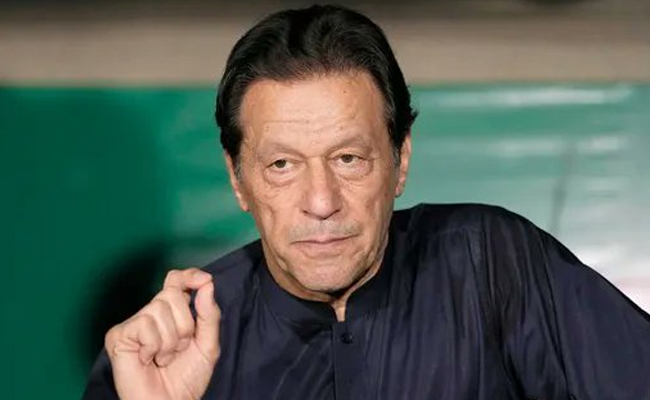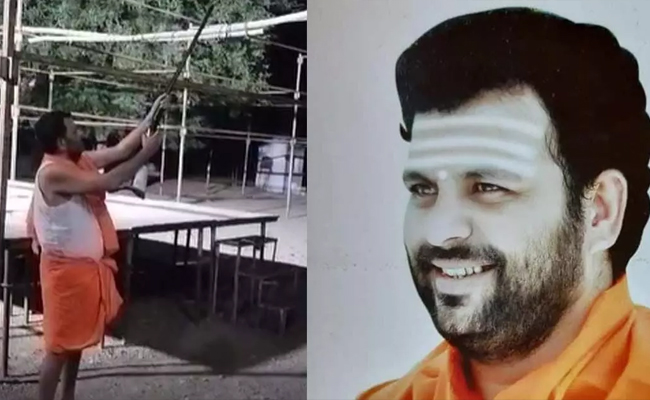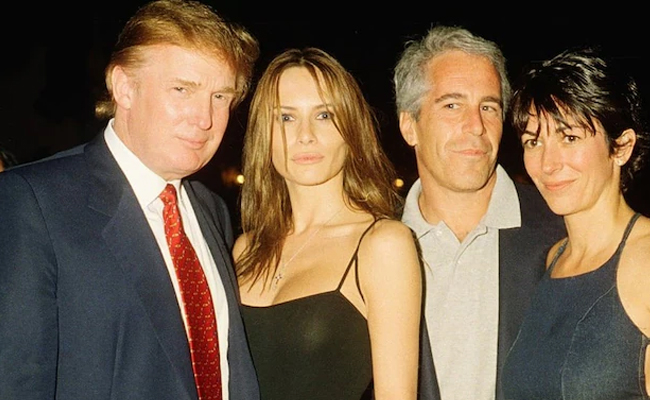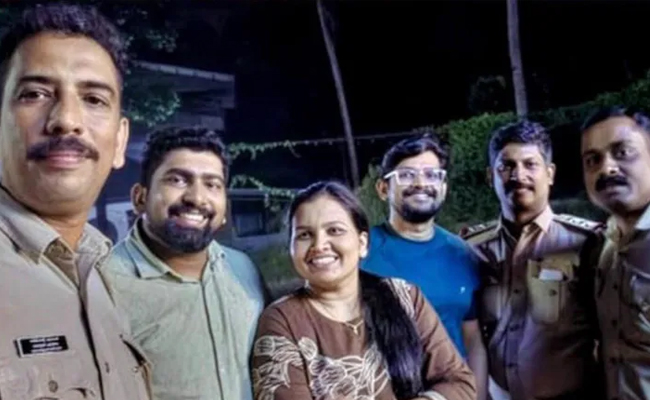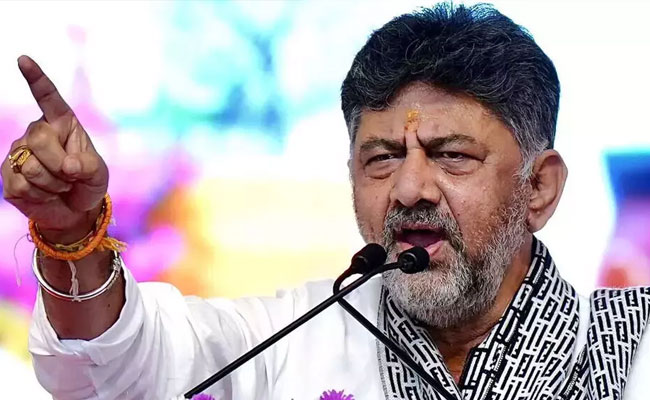Islamabad (PTI): Jailed former prime minister Imran Khan's party has established special committees to strategise the government formation at the Centre, Punjab and Khyber Pakhtunkhwa provinces.
Participants during the party's core committee meeting agreed to early completion of the nomination process for important government and parliamentary positions according to the recommendations and strategies proposed by the committees, Dawn News cited a statement as saying on Monday.
The Pakistan Tehreek-e-Insaf (PTI) is formulating a plan to form its government in the Centre, Punjab and Khyber Pakhtunkhwa after independent candidates backed by the party bagged 101 of the 266 National Assembly seats in the recently concluded February 8 elections marred by allegations of rigging.
The PTI-backed candidates ran as independents due to the party losing the election symbol of bat' following controversy surrounding its intra-party elections.
The statement issued after the party's core committee said specialised committees entrusted with the responsibility of devising strategies for government formation in these pivotal regions had been constituted.
These committees are focused on accelerating the nomination process for crucial governmental and parliamentary roles, guided by their proposed recommendations and strategies, it said.
The PTI in the statement affirmed its commitment to prevent any unethical endeavours to hand over the cash-strapped country's leadership to individuals with criminal backgrounds.
The party maintained that the people bestowed upon the party's founding chairman Imran Khan an "unparalleled certificate of patriotism", giving a "heavy mandate" to his party.
Separately, PTI leaders held a meeting with President Dr Arif Alvi to brief him on the alleged irregularities during the elections.
According to a statement issued by the president's office, President Alvi during his meeting with PTI leaders Raoof Hassan and Umer Niazi was apprised of the party's stance and reiterated that Form-45, issued in various constituencies, reflected the facts of the electoral outcomes.
They emphasised that despite attempts to pressurise the party, snatching of electoral symbols, and numerous arrests, PTI emerged victorious against all odds.
According to the party, the PTI was cruising with a lead of 170 National Assembly seats before the alleged rigging swung the pendulum in favour of the Pakistan Muslim League-Nawaz (PML-N) party.
Around 60 million, or approximately 47 per cent, of nearly 129 million voters cast their ballots last Thursday to elect a new government to bring cash-strapped Pakistan out of financial crunch.
Let the Truth be known. If you read VB and like VB, please be a VB Supporter and Help us deliver the Truth to one and all.
Kalaburagi: An incident involving a swamiji firing a gun into the air has been reported from Udachan village in Afzalpur taluk of Kalaburagi district. The act, captured on video, has since gone viral on social media.
The swamiji has been identified as Sri Shantalinga Shivacharya, pontiff of the Hiremath of Sri Shankaralingeshwara Samsthana. According to reports, the incident took place on Sunday evening within the premises of the math, where the swamiji allegedly fired a single-barrel gun into the air.
This is not the first time the swami has courted controversy. Last year, he was reportedly found driving erratically under the influence of alcohol in Salotagi village of neighbouring Indi taluk, following which members of the public confronted him. He later fled from the math, sources said.
ALSO READ: 'Trump travelled on at least eight Epstein flights’: New Epstein files released by US Justice Dept
More recently, during the annual fair of the Sri Shankaralingeshwara Math in Udachan village, the swami had arrived at the village with police protection, claiming to be the rightful pontiff of the math. Despite opposition from villagers, he reportedly went ahead and conducted rituals related to the fair.
The latest incident of firing the gun into the air has triggered criticism, especially after the video surfaced online. Further action, if any, is awaited from the authorities.

